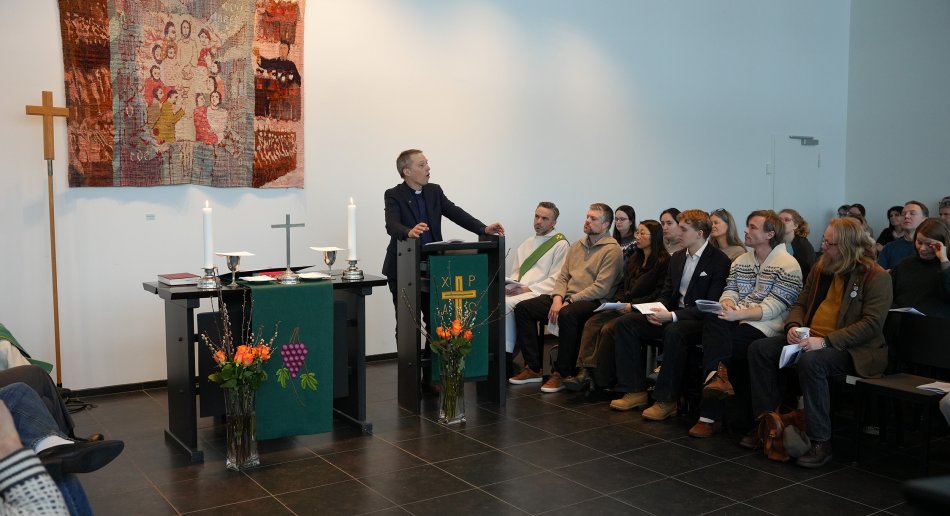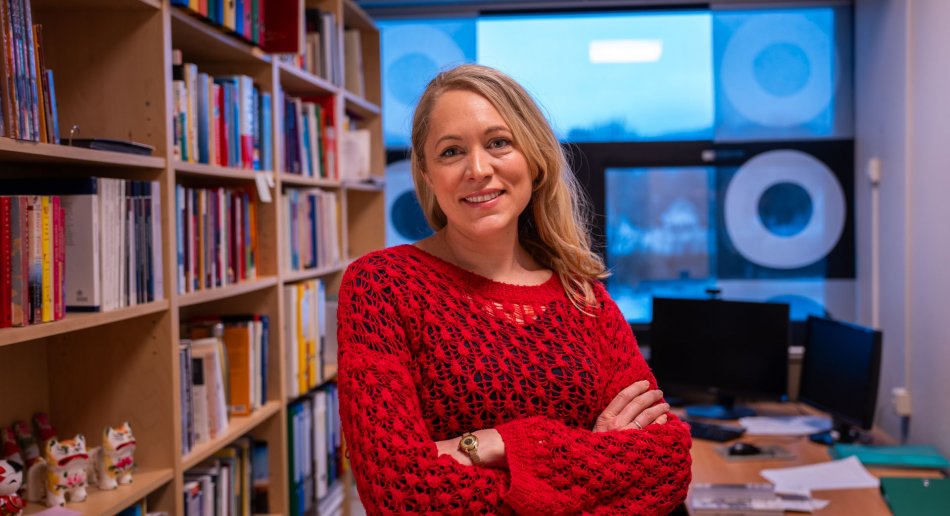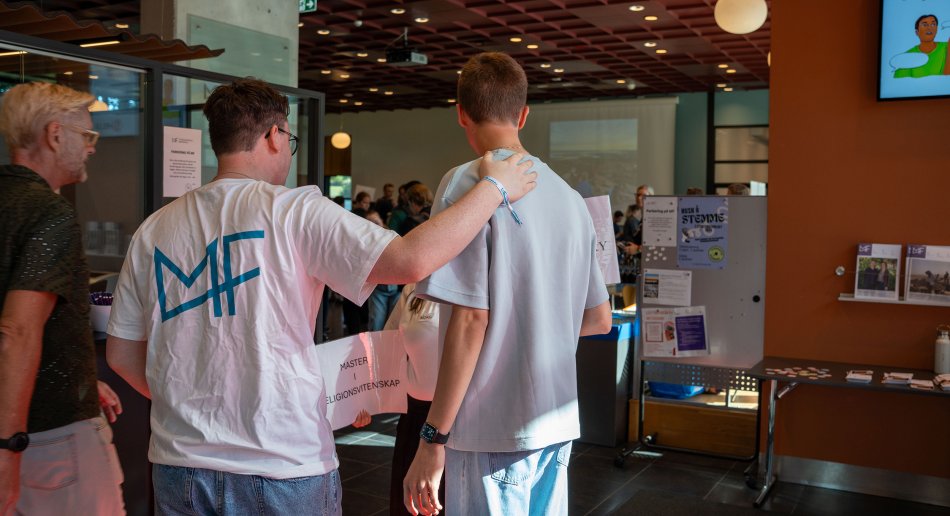
MF Reaches Equality Goal
In 15 years, MF has gone from 0 to 42 % female professors.
The proportion of females among MF's employees is also increasing, and today is 55 %.
Since 2012 a conscious effort has been made to improve gender balance in, among other things, the staff of professors. The long-term goal was to reach 40 %. The proportion is now at the aforementioned 42 %. That means that 10 of MF's 24 professors are women.
Exceptionally Talented
Rector Vidar L. Haanes says that the goal was reached sooner than expected.
– I am extremely pleased with having a staff of professors with more than 40 % women, first and foremost because they are exceptionally talented, both as researchers and teachers, and have contributed to putting MF on the map in a number of areas. Gender balance is important for several reasons, among others because it contributes to a better academic environment, says Haanes.
Half of them have been hired as professors, the other half have been promoted to their positions after qualifying themselves.
Good Guidance and Support
One of those who has qualified herself in the last few years is Tone Stangeland Kaufman, professor of practical theology.
– My experience is that we have been encouraged to work on qualifying ourselves. The issue has been raised in a good way, for example, in employee assessment interviews, and there is a forum at MF where there has been a focus specifically on qualifying for professorship. Here it is possible to receive guidance and support for such a process, according to Kaufman.
She has also experienced the expressed support of the leadership when she has been asked to sit on committees and take on responsibilities in the international scholarly community, or invited to take part in international publication processes.
– I think it is also important to have in place deliberate strategies and efforts to promote equality, like the leadership here has worked for. Equality is not something we have. It is something we continually do.
Scholars Rather Than Women
Kaufman thinks gender balance is positive for relations between co-workers. Especially in a traditionally male-dominated field like theology.
– With better gender balance among the professors, I think women will be less visible as women and more visible as scholars and individuals in the same way that men have in general been and are, she says.
Kaufman's colleague, Kristin B. Aavitsland, professor of medieval studies, is also happy that the gender balance has gotten better.
– For me, the staff here at MF, both academic and administrative, are first and foremost fantastic colleagues, regardless of whether they are women or men. At the same time, it is my experience, both from MF and other places, that an even gender balance is the best for every workplace. It is therefore quite nice that the proportion of women is increasing in all types of positions. For the same reason, there soon ought to be more men working on the administrative staff!
Expansive Institution
Aavitsland started at MF in 2014 and says that a lot has changed since then.
– MF has certainly changed. First and foremost because the institution has grown so much and become more multifaceted. It is a great privilege to be part of an expansive and dynamic institution. At the same time, it is clearly a challenge to preserve a close-knit and positive work environment when the growth happens so quickly, she says.
Further reading:
- Claudia Lenz (Social Science - Chair for prevention of racism and antisemitism)
- Kristin Joachimsen (Old Testament)
- Kristin B. Aavitsland (Medieval Studies)
- Janicke Heldal (Education)
- Tone Stangeland Kaufman (Practical Theology)
- Tatjana Schnell (Psychology of Religion and Existential Psychology)
- Iselin Frydenlund (Study of Religion)
- Liv Ingeborg Lied (Study of Religion)
- Trine Anker (Study of Religion and Didactics)
- Marion Grau (Systematic Theology, Ecumenism, and Missiology)




